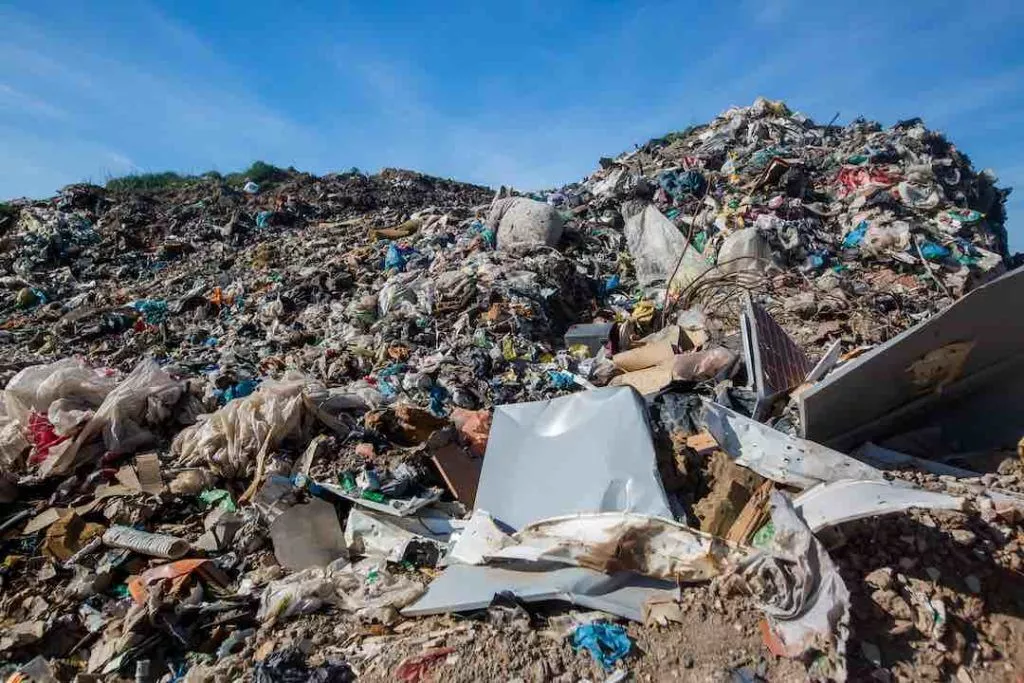Electronic waste is a fast-growing problem. Because of the speed that technology is improving, older phone models, laptops, gaming systems, and other electronic products are a growing problem in landfills.
Why is electronic waste such a problem? It seems that the more electronic devices we have in our society, the more we produce electronic waste. Just look at how many cell phones in a typical American household. The cell phone industry alone generates thousands of tons of electronic waste every year.
How does electronic waste end up in our landfills? It all boils down to one simple answer: People don’t know how to recycle their electronic waste. And it’s getting worse by the day.
One of the reasons we have a problem with the amount of electronic waste being produced is because we don’t take the issue seriously. The electronic waste problem doesn’t get the attention it deserves from public officials. And this lack of interest by officials is a huge reason why so much waste is produced in the first place. Simply put, there isn’t enough money to be made from disposing of all the waste.
Another reason why this is a huge problem is because it negatively affects the environment. In fact, many feel that the issue of electronic waste should be taken much more seriously. Environmental laws have been passed to protect the environment and help stop the production of a significant amount of waste. Unfortunately, these laws only go so far because many industries continue to disregard them.
So, what are some of the solutions to the question of electronic waste? One solution is to make sure you recycle ALL your electronics.

Reasons for Electronic Waste Recycling
- Many electronic products contain toxic substances like lead, mercury, chromium, cadmium, and others. When these products are tossed into a landfill, the toxic chemicals leach out and pollute the soil, groundwater, and air.
- Electronic substances are not only pollutants; they can also be dangerous to humans.
- Many substances in electronics are carcinogens, including cadmium, lithium, and lead. Furthermore, the mercury they contain can also cause other health issues, including respiratory and skin disorders.
- The raw materials used in making electronics are valuable and can be reused. Recycling old devices not only means saving energy; it also means that fewer raw resources need to be used to create new products.
- Recycling means that raw materials can be repurposed into new products. This is beneficial for the environment, and the energy savings also translate into less pollution.
- An EPA study estimates that 60 million tons of electronic waste are tossed into landfills around the globe annually. Recycling e-waste can result in that figure is significantly reduced, which can, in turn, have a positive environmental impact.
- By throwing away your electronics, you open yourself to security risks. This is because the electronics that you are tossing out may hold sensitive information and data. By disposing of your electronics properly by sending them for recycling, you’re ensuring that your devices will be cleared properly.
- If you are disposing of electronics as a business rather than an individual, you may be subject to legal requirements that regulate how you need to dispose of your electronic waste. Recycling your electronics allows you to get rid of your old electronics legally.
Did you know that you can hire us to help you dispose of your old electronic equipment? We make sure everything is recycled properly and etchincally.
If you’re wondering how to get started with recycling your electronic waste in Springfield, MO, contact The Junk Pirates at (417) 815-5865 because we do it for you! We are happy to answer any questions you may have.









